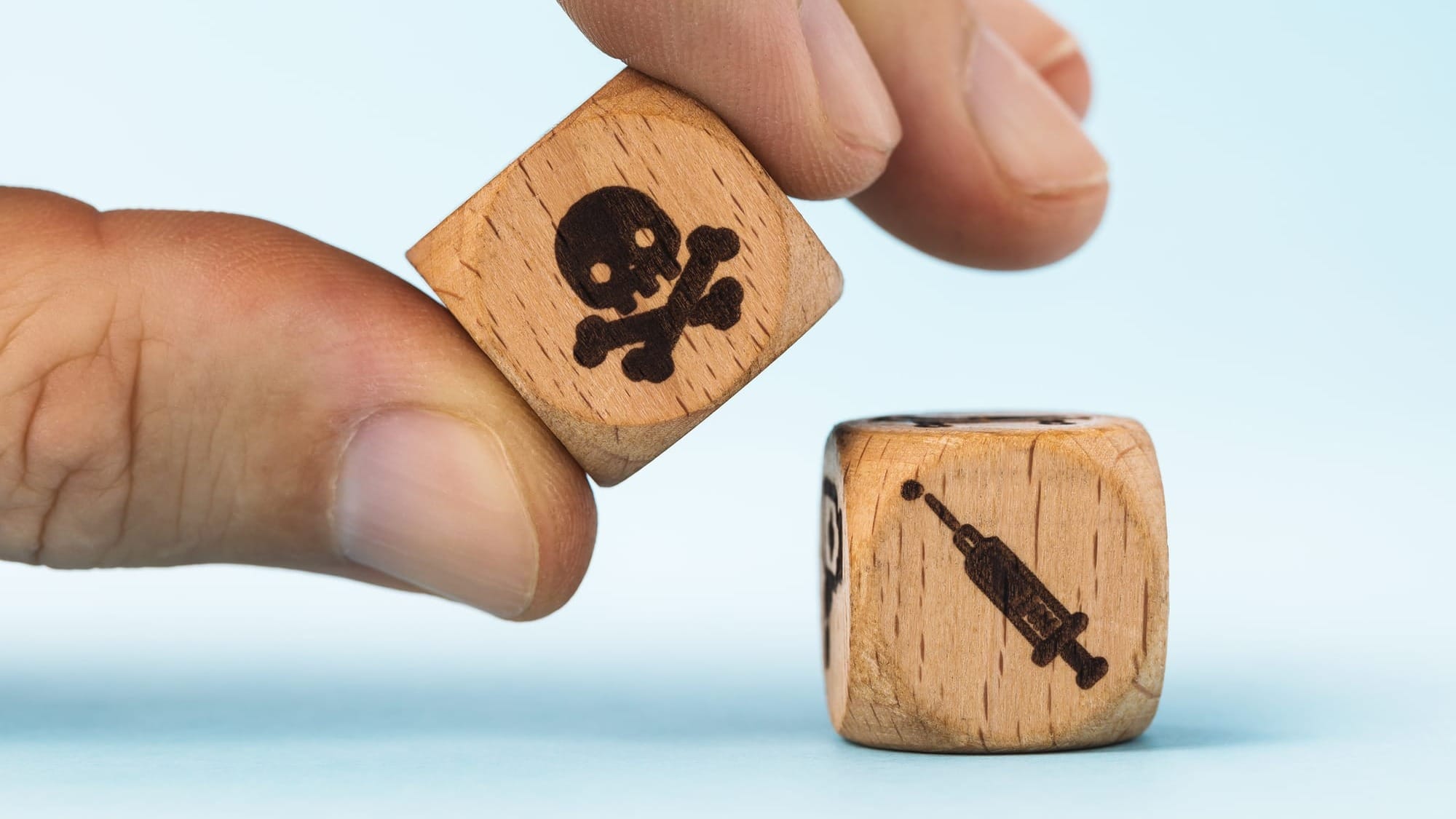The Emotional and Moral Impact of Five Executions in Six Days
So much death in so little time highlights the devastating emotional toll of the death penalty—not just on the condemned, but on their families, prison staff, and society as a whole.

This week, five men will be executed in the United States, all within the span of six days. When I first heard this, a grim sense of resignation hit me. These executions weren’t the result of some coordinated plan—each state has their own process for scheduling executions. But still, five lives are about to end at the hands of their state governments.
As Sister Helen Prejean recently wrote, “The injustice is exhausting.”
Having been spiritual advisor to Ramiro Gonzales, who was executed this past June, I’ve long carried the weight of execution days. Before Ramiro, these days cast a heavy shadow, especially when they happened in Texas—where it was either someone I knew or someone Ramiro knew. Since his death, that shadow has only grown. Execution days pull me right back to that holding cell and the death chamber, replaying those last moments with him. I wonder what these men are feeling as their final hours close in. I hope they’re finding strength, peace, or whatever it is they need.
Except, no matter how strong one is, there’s nothing peaceful about an execution.
The sheer number of death sentences being carried out this week—one after another—has left me physically and emotionally drained. It’s like my body, thousands of kilometres away, is carrying the weight of all this death. There’s a deep exhaustion I can’t quite put into words—a kind of emotional fatigue that settled deep into bones. Somehow, my body understands this isn’t just about legal rulings or political debates; it’s about real people. Real lives. And the trauma that ripples out to everyone involved, even those asked to participate in this violence.
What strikes me most this week isn’t just the number of executions—it’s the eerie relative silence in the media. It’s the first time in over 20 years that so many people are being executed in such a short time, but where’s the outrage? It's not that it doesn't exist, but you really need to go looking for it. Marcellus Williams’ case in Missouri, with his claims of innocence, did get some attention. But Travis Mullins—executed by the State of Texas for killing his infant son—barely made the news. Both men were pronounced dead within the same hour. When did the taking of a human life become so routine that it barely registers?
I’ve been thinking a lot about what this week says about the state of the death penalty in the U.S. It’s often framed as justice—society’s way of making things right. But what kind of justice is this, really? People are being irreparably harmed on both sides. Families of the condemned, families of the victims—but also prison staff, wardens, the pharmacists who prepare the lethal drugs, and the executioners themselves. We hardly ever talk about the harm inflicted on those who are given the job of carrying out the state’s violence.
Even if someone struggles to feel sympathy for those on death row, surely they can care about the people facilitating these executions. These men and women are being asked to help end a human life. Nobody walks away from that unchanged. The moral injury is real, and it’s crippling.
This cluster of executions highlights a bigger problem within the system. Public opinion is shifting against the death penalty—polls show that—but the people in power seem more stuck than ever. Clemency boards stay unmoved, lawmakers keep signing off on executions, even when there’s doubt, like with Marcellus Williams. It seems that public opinion alone isn’t enough to stop this machinery when those making the decisions are so disconnected from the human cost.
The death penalty forces us to confront uncomfortable questions about the value of human life. This isn’t just some abstract debate—it’s painfully real. Every person, no matter what they’ve done, has value. No one deserves to be killed in such a cold, premeditated way by their own government. Each execution is a moment when society chooses death over life.
For those who’ve never been present for an execution, it’s hard to explain the emotional toll it takes. I still relive Ramiro’s death in my dreams. The helplessness—there’s nothing like it. It stays with you. I can’t hear the sound of snoring (the noise Ramrio made as the pentobarbital took effect) without feeling pulled back to that night. The agony of knowing nothing can stop what’s coming—it's a pain that buries itself deep inside you, and it never really leaves.
Since Ramiro’s execution, I’ve tried to process these feelings through writing. It helps, in a way, to sort through all these tangled emotions. But there’s also a need to hold onto every detail, like forgetting would mean losing a piece of him—or that experience. That’s a weight too. This isn’t just my personal grief; it’s part of a much bigger story, a story of systemic violence and loss.
That’s what I wish people understood about this week: it’s a senseless waste. There’s no reason for so much death, especially crammed into such a short period of time. It’s staggering, and yet it doesn’t seem to register in the way you (or, at least I) would expect. Maybe that’s me being naïve. Five men are being killed by their states, and most people don’t even know it’s happening.
We haven’t seen a week like this in over two decades. It’s alarming. It’s heartbreaking. It’s enraging. The death penalty debate isn’t about justice or punishment; it’s about how we value life, and how we navigate the moral complexities of power and violence.
And right now, we are failing.

